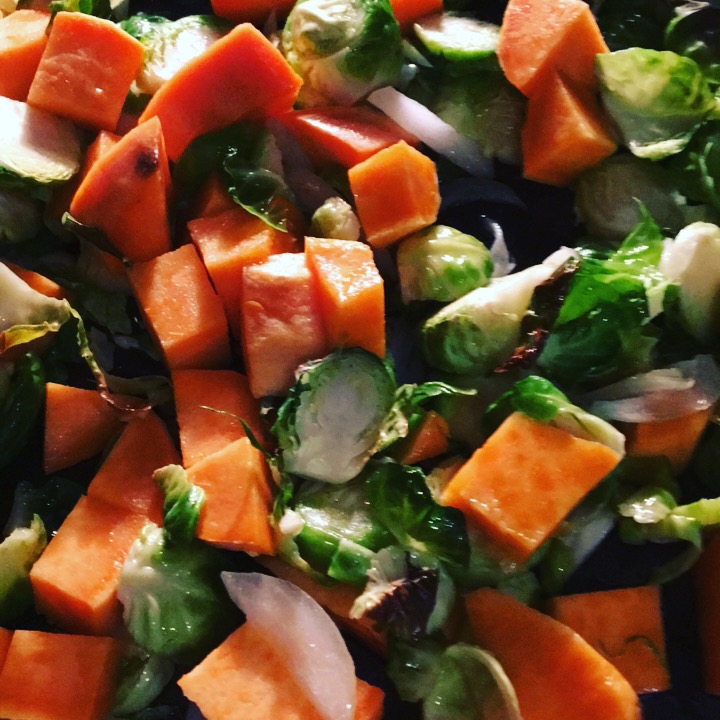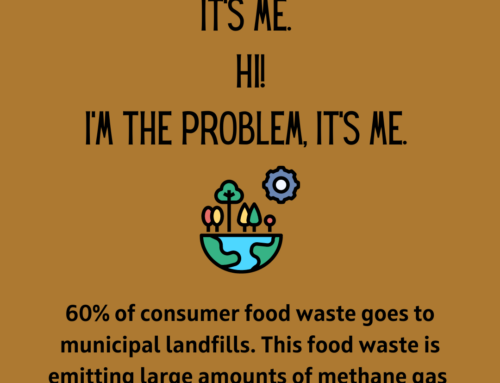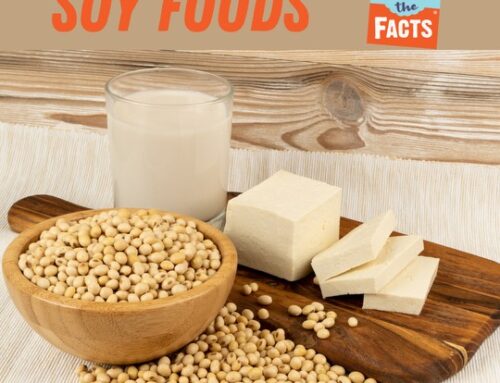I just read a trend report that states that “clean eating” and plant-based and ketogenic diets are “in”, and the DASH Diet is “out”.
Whaaaat?
DASH – Dietary Approaches to Stop Hypertension – is a well researched diet plan that not only improves blood pressure (hypertension is high blood pressure) but also support weight loss and fits into meal planning for diabetes. The “diet” is well balanced, encouraging lots of plant foods and other sources of potassium (dairy), encouraging nuts and seeds, while limiting fatty or high sodium meats.
So you see? The DASH Diet is both plant-based and “clean”.
What is Clean Eating?
Clean eating is a trendy term, not a science-based one.
The idea of eating less processed food and more whole, “real” food, such as vegetables, fruit, grains and nuts, is a good one, but the behavior associated with this sort of eating can border on disordered if you’re not careful about where you get your info.
Rather than “going clean”, the best way to improve your eating is to do so gradually, limiting (not eliminate at all times) processed foods, while adding more whole foods to your daily diet. This sets you up for success, not failure.
Processed food is not all bad, but the more processed a food is, the more likely it’s devoid of important nutrients, and also higher in sodium and fat. The DASH Diet discourages highly processed food (you’ll see more detail about this in Chapter 5 – “Presenting Your DASH Nutrition Primer. You can “look inside” here).
Clean eating foods include: fresh or frozen fruits and veggies, legumes, nuts, unprocessed grains, unprocessed meats, and dairy.
Hmmn, these sounds like DASH Diet foods.

Here’s Why DASH is Plant-Based:
A plant-based diet is a diet that emphasizes plant foods, but is not completely vegetarian. The DASH Diet includes mostly plants, but allows for small portions of meats (loin and lean cuts of beef, pork, skinless poultry) and encourages fish weekly. It also includes 2-3 servings daily of dairy foods, because low fat dairy has been strongly associated with lower risk of high blood pressure, and is a great source of potassium, calcium, vitamin D (not to mention protein).
On the plant end, DASH Diet:
- Emphasizes fruits and vegetables. Offers blood pressure-lowering potassium, fiber, a variety of vitamins and antioxidants.
- Encourages whole grains. Whole grains offer fiber, magnesium and some antioxidants. All types can be included including gluten-free oats, quinoa, or rice.
- Includes nuts, seeds and legumes. Provides healthy fats, fiber, and magnesium.
You’ve seen our book, and the science is clear: DASH Diet is still one of the most well-rounded and well-researched diet plan for good health! Making it one of your new health goals is easier than you may think.





[…] panel was mentioning their favorite opinions of how to eat healthy and loose weight. Mediterranean, Dash and Flexitarian diets were just named by the US News and World Report as the best diets to follow […]
I am sure this is because the DASH diet (the Heller book) encourages the use the artificial sweeteners which is not clean eating